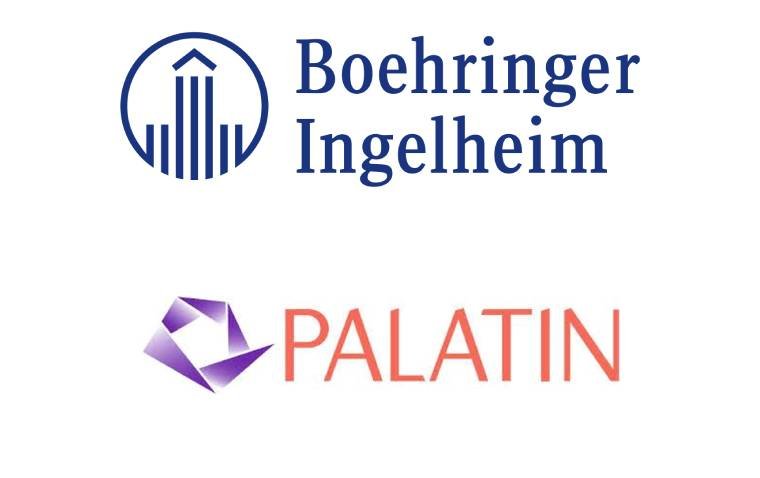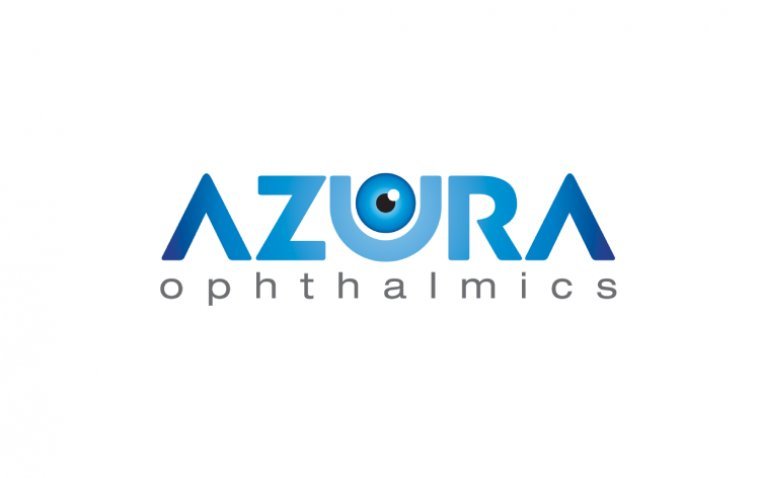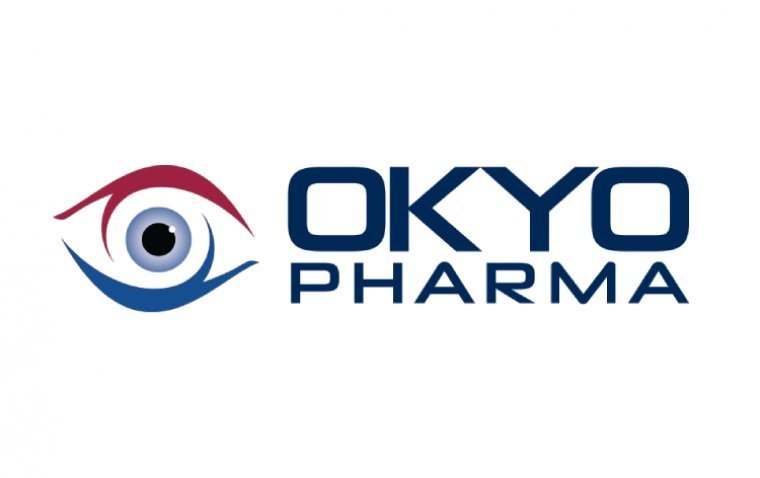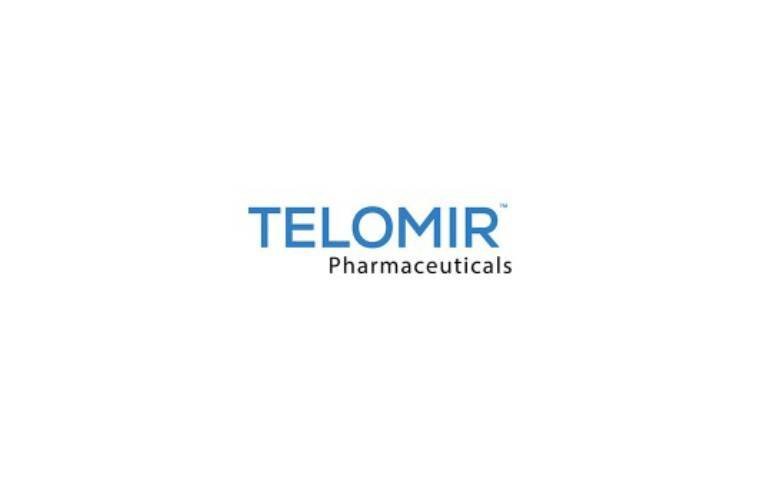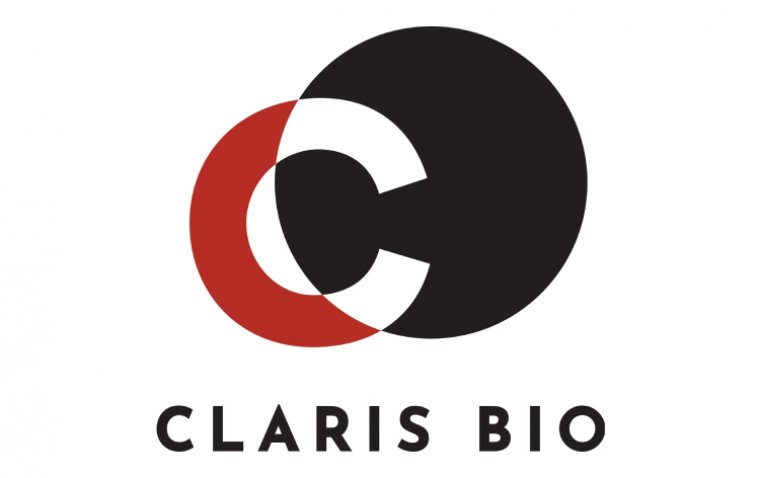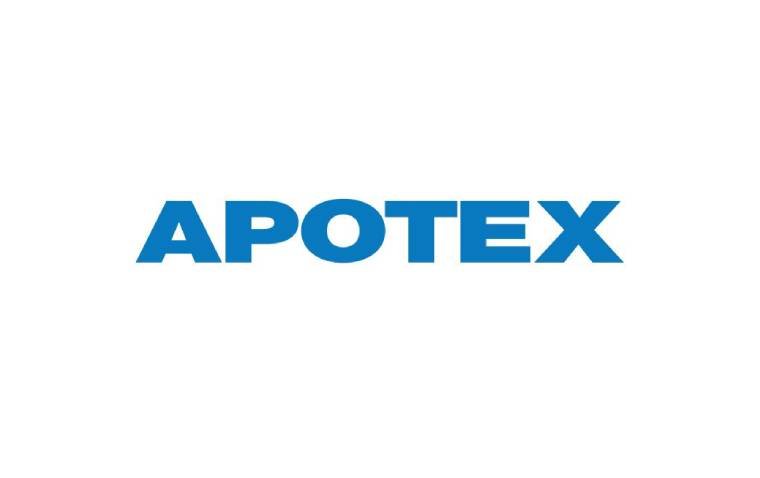
Nanoscope Therapeutics Publishes Clinical Data Demonstrating Vision Restoration in Retinitis Pigmentosa
Nanoscope Therapeutics has announced the publication of clinical data on vision restoration in patients with retinitis pigmentosa (RP) in Molecular Therapy. The paper, titled “A synthetic opsin restores vision in patients with severe retinal degeneration,” outlines the use of the company’s novel Multi-Characteristic Opsin (MCO-010) in a Phase 1/2a trial.
MCO-010: A Synthetic Opsin with Broad Spectral Sensitivity
MCO-010, also known as Synthopsin-MCO-010, is a synthetic opsin designed to target ON-bipolar cells in the retina. Delivered via intravitreal injection, the gene therapy uses a custom AAV2 vector to deliver the opsin to human retinal bipolar cells. In preclinical studies, MCO-010 restored visual behavior in RP mouse models.
“This paper highlights the outstanding work of the Nanoscope team in developing effective optogenetic therapies for patients with some of the highest unmet needs,” said Samarendra Mohanty, PhD, lead author and President of Nanoscope.
Phase 1/2a Clinical Study: Patient Demographics and Methodology
The study enrolled four RP patients with ABCA4 gene variants—three male and one female—with an average age of 45.5 years. All participants were legally blind, with vision ranging from hand-motion to light perception, and unable to move independently.
Treatment Protocol:
• Patients received 10 days of prophylactic oral steroids, starting three days before the injection to mitigate immune response.
• Each received a single 100 µl intravitreal injection of AAV2-MCO-010 (vMCO-010) in the eye with worse visual acuity.
• Vision and visual function were assessed over a 52-week period.
Visual Acuity Improvements and Functional Outcomes
Using Freiburg Visual Acuity Testing (FrACT), all patients showed improved BCVA (lower logMAR) by week 12, with consistent improvements maintained through week 16.
• One patient experienced inflammatory keratic precipitates (KP) between weeks 4–16, causing fluctuations in BCVA, which stabilized following topical steroid treatment.
• Statistical significance in BCVA was not maintained at weeks 31 and 52, attributed to:
- One patient dropping out after week 16 due to the COVID-19 lockdown
- Another experiencing vitreous haze that reduced VA
Visual Field Index and Variability
• Mean Visual Field Index (VFI) improved from weeks 8 to 52 post-treatment.
• One patient had decreased VFI at week 4 due to KP but improved thereafter.
• Two patients did not show VFI improvement but still demonstrated BCVA gains.
The variability in both BCVA and VFI may be linked to differential MCO-010 expression in the central versus peripheral retina, as noted in the publication.
“Our study represents a pivotal milestone in the treatment of inherited retinal degenerations,” said Vinit B. Mahajan, MD, PhD, co-corresponding author and professor at Stanford University.
“The ability to restore vision with a single intravitreal injection marks a significant step toward developing a universal treatment for retinal degenerative diseases.”
Safety and Overall Outcomes
MCO-010 demonstrated:
• Statistically significant BCVA improvements (>0.3 logMAR)
• Improved visual fields in select patients
• No serious adverse events or unexpected safety concerns reported
Reference:
Mohanty SK, Mahapatra S, Batabyal S, Carlson M, Kanungo G, Ayyagari A, Tchedre K, Franco JA, Singer M, Barone S, Chavala S, Mahajan VB, A synthetic opsin restores vision in patients with severe retinal degeneration, Molecular Therapy (2025), doi: https://doi.org/10.1016/ j.ymthe.2025.03.031.
(1).jpg)


